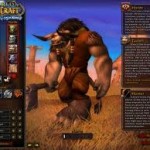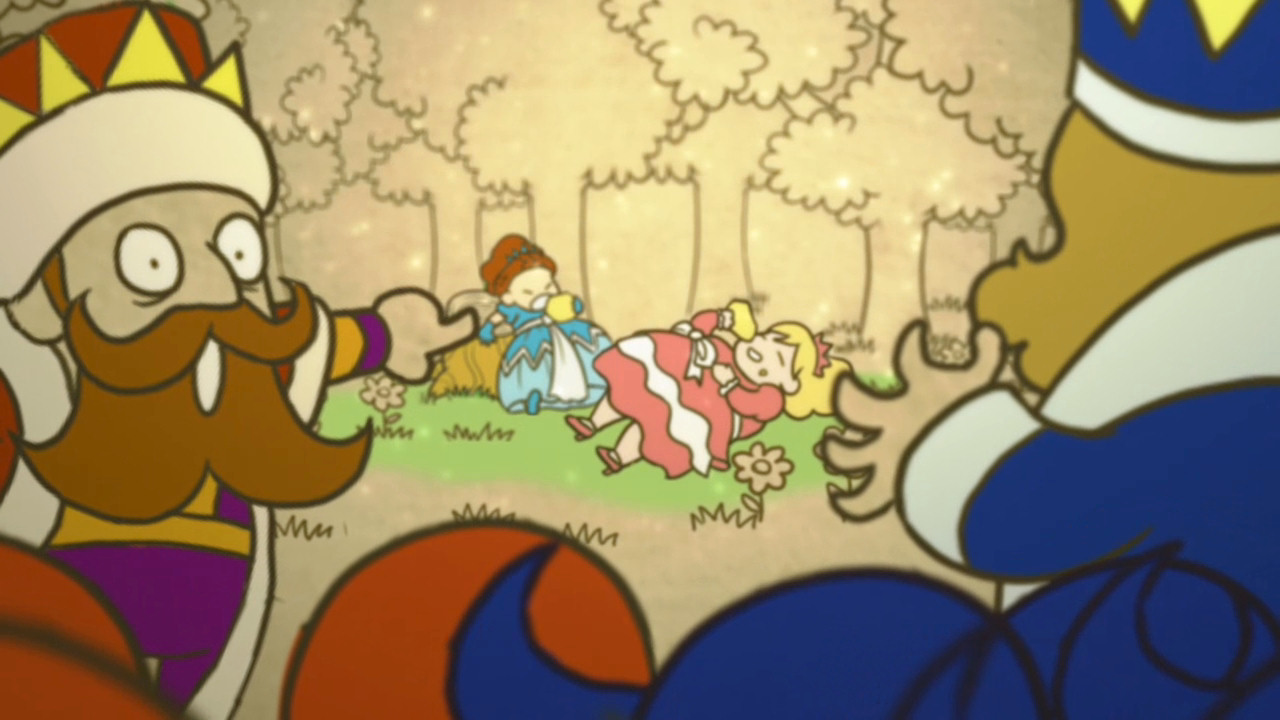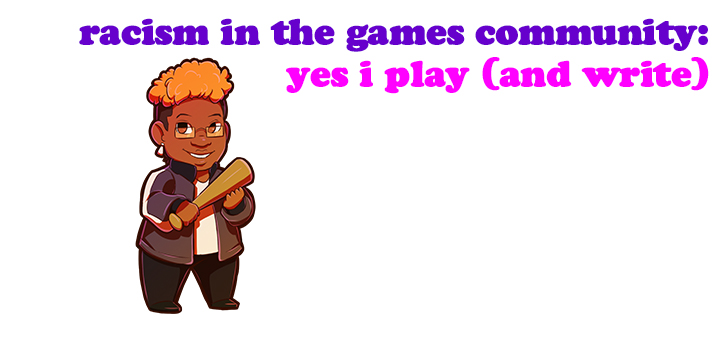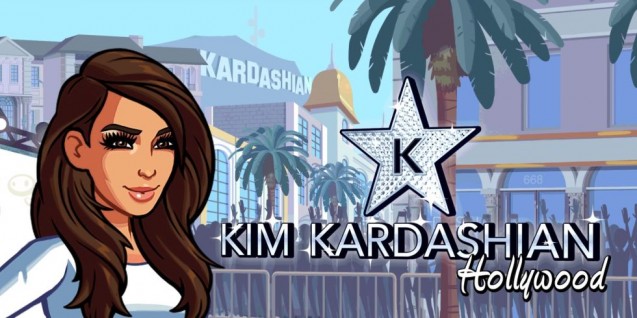In our last podcast (episode 1) we talked about Jane McGonigal’s TED talk, her new book Reality Is Broken: Why Games Make Us Better and How They Can Change the World, and her work in serious games. McGonigal claims that we need to spend more time rather than less time gaming. But she wants us to do the right kind of gaming. The kind that teaches us to be better people, to fix our broken reality. I am the first to jump on that bandwagon. I think that a lot can be said for changing the world through gaming…for certain folks. I think that certain kinds of folks will play EVOKE and World Without Oil (WWO). Those would be folks that are already predisposed to make a change. It’s kind of like preaching to the converted. For years we’ve been reading about and building game based pedagogies on the existence of a gaming grammar that exists between games and the belief that some of what gets learned in the playing of these games can be carried over into real life. McGonigal is running with it. She wants to capitalize on the adrenaline rush of gaming and use it to get people not only to learn some small thing, but to change their entire lives.
 Now call me a bit of a skeptic (I freely admit it), but I can’t see how this would work for people who aren’t already invested in the making of the change in the first place. Who you might ask wouldn’t want to conserve energy? Well there are the crackpots who think that global warming doesn’t exist. I fully recognize that using games and the principles of games in education helps to keep students engaged and may ultimately help them learn overall they are invested in the process from the beginning. Our students don’t just value our classes because we play World of Warcraft or add achievements and leader boards to our grading policies. They are playing the game because their grade is at stake. They may enjoy it in the meantime, but ultimately they have an ulterior motive.
Now call me a bit of a skeptic (I freely admit it), but I can’t see how this would work for people who aren’t already invested in the making of the change in the first place. Who you might ask wouldn’t want to conserve energy? Well there are the crackpots who think that global warming doesn’t exist. I fully recognize that using games and the principles of games in education helps to keep students engaged and may ultimately help them learn overall they are invested in the process from the beginning. Our students don’t just value our classes because we play World of Warcraft or add achievements and leader boards to our grading policies. They are playing the game because their grade is at stake. They may enjoy it in the meantime, but ultimately they have an ulterior motive.
 When it comes down to it I’m not quite sure how games like EVOKE and WWO are different from old school edutainment games that were skills and drills thinly veiled in “fun”…very thinly. Don’t get me wrong, I want it to work. I want McGonigal to be right. I want to believe that we can get enough people playing games for enough hours a week to make real change in their lives and by extension the world. I just don’t think serious games are the answer in the same way that edutainment games have proven to not be the answer to a lack of academic engagement. If we really could harness the power of WoW and use WoW itself to make a change then I might be a bit more optimistic (especially with the 8 gazillion monthly subscribers who are currently shelling out 15 bucks a month to Blizzard), but right now? Not so much.
When it comes down to it I’m not quite sure how games like EVOKE and WWO are different from old school edutainment games that were skills and drills thinly veiled in “fun”…very thinly. Don’t get me wrong, I want it to work. I want McGonigal to be right. I want to believe that we can get enough people playing games for enough hours a week to make real change in their lives and by extension the world. I just don’t think serious games are the answer in the same way that edutainment games have proven to not be the answer to a lack of academic engagement. If we really could harness the power of WoW and use WoW itself to make a change then I might be a bit more optimistic (especially with the 8 gazillion monthly subscribers who are currently shelling out 15 bucks a month to Blizzard), but right now? Not so much.





3 thoughts on “Reality May Be Broken But Can Games Really Fix It?”
Hi Agree dr. b, and I want to push this a bit more. I’m not what most would call a gamer. That said, when I need a ‘break’ (and because I tend to do everything in excess), I’ll play Hitman 2: Silent Assassin or some other ‘shot-em-up’ game for five hours straight. What’s weird is now that I’ve formed freindships with smarty-arty gamers, I’ve started asking myself questions about these little game marathons. Here’s what I think: I love to solve long problems that have complicated answers. The answers are not complicated because they have one difficult-to-reach-conclusion. Instead, in games like Hitman, there are seeminly endless answers–some better than others. And the scale that determines which is better depends on what I want to value. For example, I can work through the game/problem/narrative by killing everything I see with heaps of wicked sweet weapons. Or I can move through the narrative slowly and silently, hoping to never be seen. Or I can do seventeen other things. It’s super fun, but so what?, right? McGonigal wants to know what do I learn?
True, I don’t have to think about specific issues like edutainment games force me to do (I still hate Oregon Trail, and I lived next to the real thing). I do have to think, at least a little, about why I’m making decisions, why I’m after the “silent assassin” rating rather than the “hatchet man” score. So I have to self-reflect even if I don’t know I’m doing it. I also, and this is a old but important argument, learn how narrative unfolds in a fashion that is other than linear. Again, this might not be conscious learning. I don’t win when I learn something that can be tested. That will never ever work. But the other day, I caught myself thinking about piece of science history in a way that helped me see just how fragmented thought moves and bumps into other thoughts. That was cool and playing games might have helped me look at the world that way. What I’m saying in this long-winded reply is that games won’t fix reality. That’s dumb. But they might help us ask quiet questions about out view of it.
Have you paid much attention to SF0? I came across it over metafilter over the break. I do think there’s a lot of pedagogical potential in that kind of program (as well as institutional pitfalls). I didn’t have time to incorporate it into my new media class this semester, but I definitely will the next time I teach the course (probably next spring).
@Marc It’s kind of like ARIS, the iPhone app that let’s you build location based games for the iPhone. There is so much stuff out there with potential but the biggest question is in the end is it still just “homework”?
@Jeremy I would definitely call you a gamer and one who is at the very least critically engaged if you are thinking about gaming in meta terms and making the revelations that you are making. What I have found in my interactions with other gamers is that even the least aware folks are thinking about games in some pretty deep ways and learning not only new skills but ways of thinking about things. Call me the eternal optimist, but that’s what keeps us here, right?